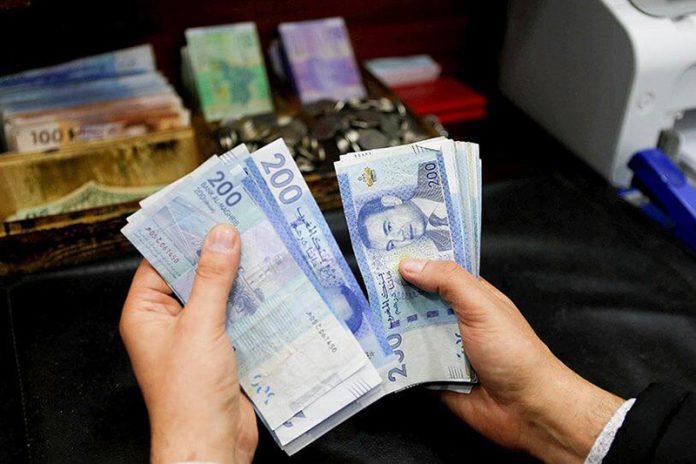In a groundbreaking move, Morocco has positioned itself as one of the first countries to link the fight against corruption with the promotion of human rights. During a seminar in Geneva, Rachid Medouar, Vice President of Morocco’s National Authority for Integrity, Prevention, and the Fight Against Corruption, outlined the nation’s pioneering efforts in addressing this dual challenge, especially in the context of post-pandemic recovery.
Speaking at an event organized by the United Nations Human Rights Council, Medouar highlighted Morocco’s awareness of how corruption undermines fundamental rights such as access to health care, education, and a clean environment. He detailed a series of measures designed to combat these injustices, with an emphasis on improving public services and ensuring citizens can report corrupt practices without fear. The country’s first National Anti-Corruption Strategy focuses on simplifying administrative procedures while enabling citizens to file complaints about corruption that hinders their ability to exercise their rights.
Morocco’s legal framework has also played a key role in this approach. Laws have been enacted to protect whistleblowers, victims, and witnesses in corruption cases while guaranteeing citizens access to public information. These initiatives are part of a broader effort to increase transparency and foster trust between the state and its people.
Medouar pointed to the importance of fostering a sense of civic engagement in the fight against corruption. This includes creating a political and institutional environment that supports sound public policies capable of improving citizens’ lives. At the same time, efforts are being made to raise public awareness of the damaging effects of corruption, encouraging individuals to recognize their rights and actively resist unethical practices.
The seminar, chaired by Morocco’s ambassador to the United Nations in Geneva, brought together experts to discuss the complex relationship between corruption and the realization of economic, social, and cultural rights. It offered an opportunity to share best practices, evaluate past challenges, and explore innovative solutions for building more transparent governance systems.
Morocco’s efforts to connect anti-corruption measures with human rights protections have drawn praise for their forward-thinking approach. By placing citizens at the heart of its reforms, the country has become a model for others, demonstrating that fighting corruption is not just about accountability but also about fostering equity and protecting dignity. As the world looks for ways to rebuild after the pandemic, Morocco’s experience provides a compelling example of how governance rooted in human rights can lead to lasting change.
